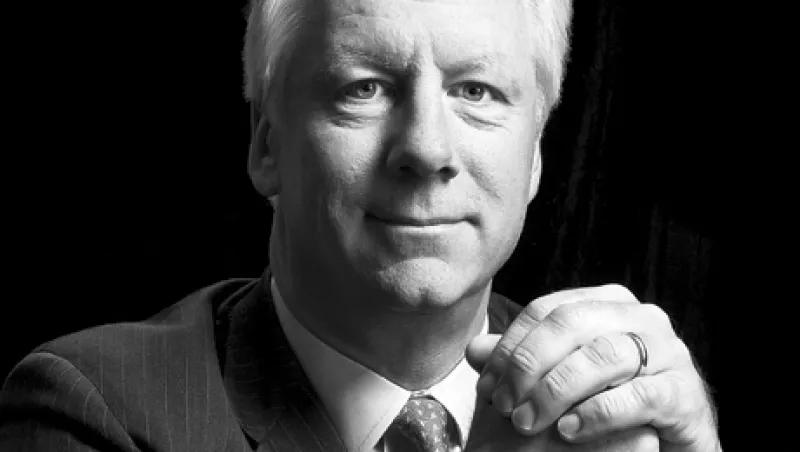
Knight Capital CEO Thomas Joyce Puts Clients First
In the decade since he joined Jersey City–based Knight Capital, former Merrill Lynch executive Thomas Joyce has nearly quadrupled the market maker’s revenues by focusing on customers, culture and technology.
Michael Peltz
May 16, 2012


